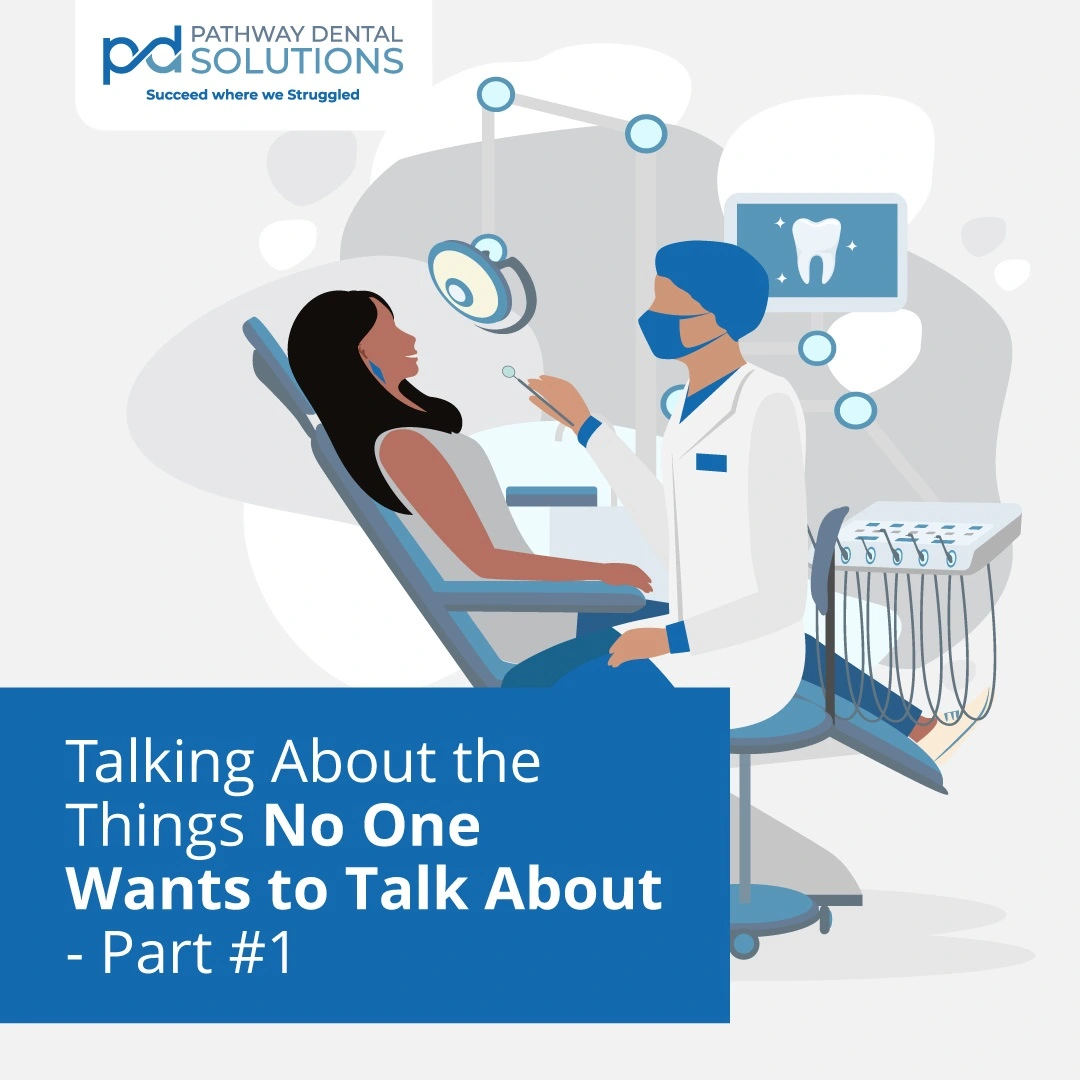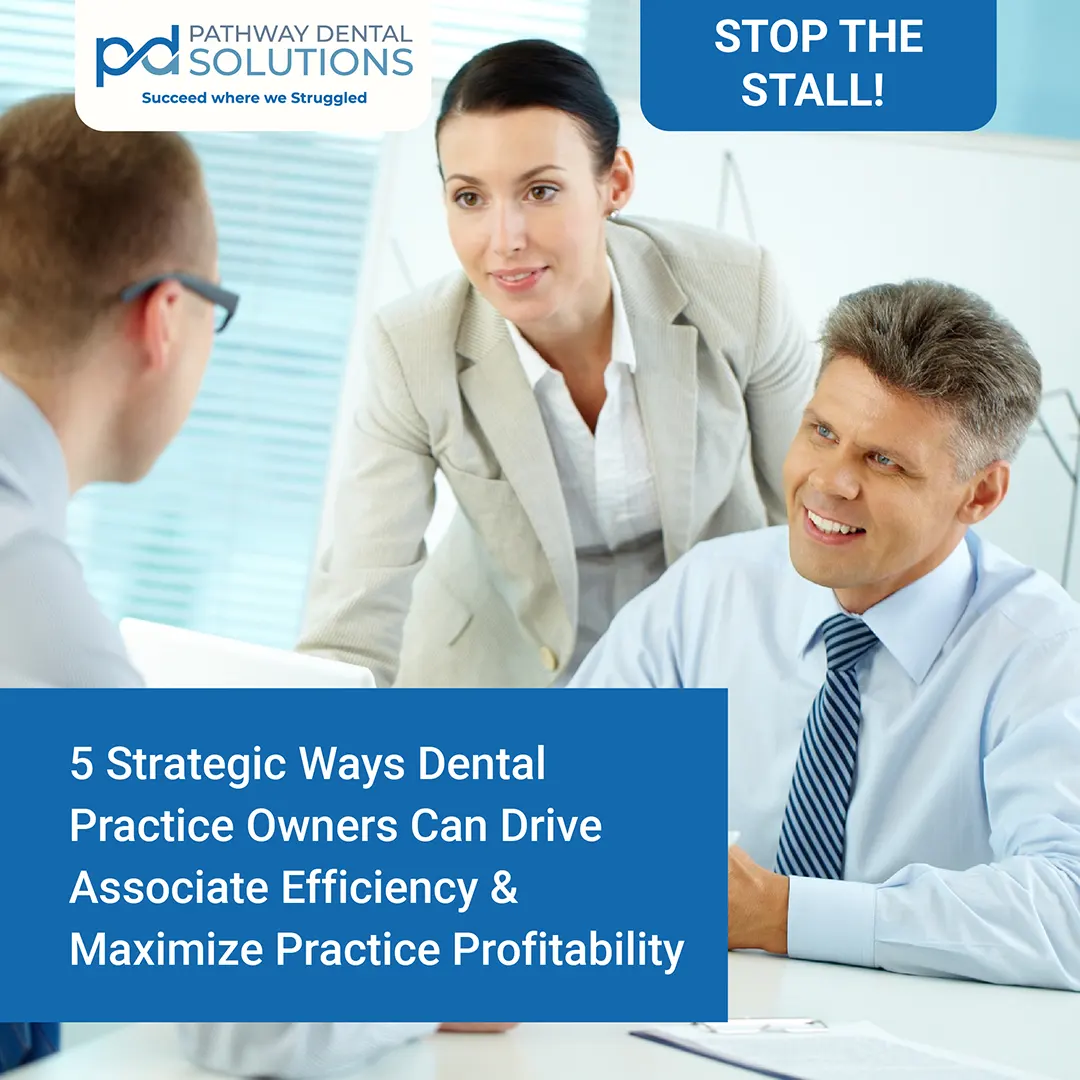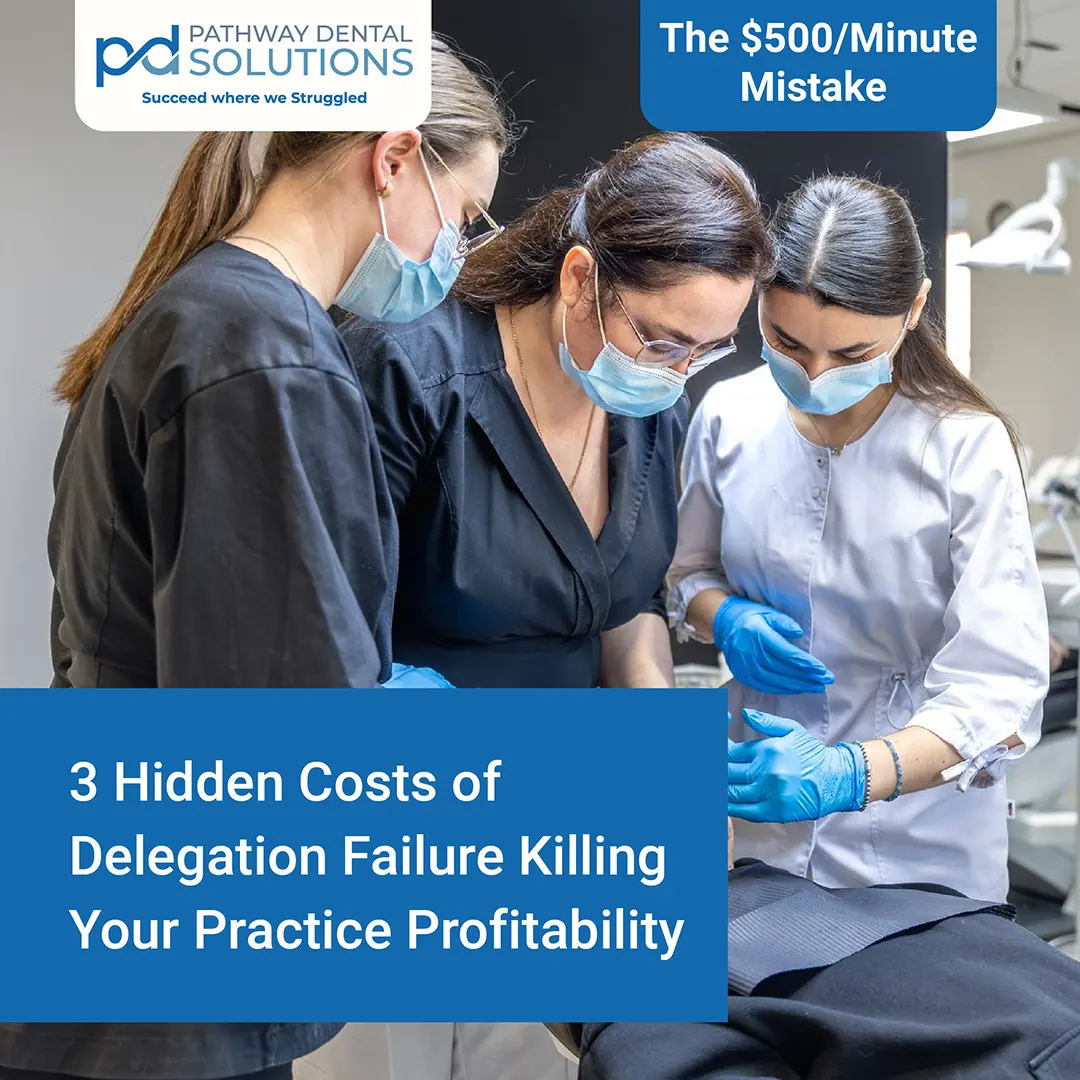
- If you are honest with yourself, do you question your clinical competency?
- Are you seeking immediate feedback from your peers about the quality of your work?
- How are you evaluating the predictability and longevity of your treatment planning decisions and work?
Quality and competence are in the back of every dentist’s mind at all times. That is part of the reason we entered the industry-to be in a career that is always evolving and not stagnated. We hope we are better clinicians on the day we retired than we were on the day we graduated from dental school. To get there, are you evaluating your clinical competency on an ongoing basis?
As doctors, we have to believe and present to our patients that we are the best person for the job. That is why they are coming to you for care. But do you stop and take a hard look at your own work and how you can improve? Are you focusing your improvement on the parts of your practice that matter the most?
What do you patients prioritize? eMax vs Zirconia, Onlay vs Full Coverage, Xeno vs Allo? Is the material or design decision yours or theirs? And what are they really asking when they question some of these things? Often, patients are only asking these questions because they do not know what else to ask, they are trying to figure out if you are the doc who gets them what they really want.
Patients ultimately care about a couple of factors:
- Will the appointment be “Easy”
- This is very subjective, but we as dentists have WAY more control over the patient’s perception of this than we realize. Remember that their perception is their reality.
- Will it work….the first time?
- No redos or problems they have to come back to you for, and this includes your material selection
- Will it last?
- Patients do not want to return any more frequently than is absolutely necessary. This is not something against your personally-everyone is busy and has other focuses they would rather spend their time on
- Will it look good?
- If you see work coming back from another doctor that makes you cringe, are they saying the same about your work?
Have you ever found an open margin on a crown you cemented or decay you did not remove under one of your restorations? If you haven’t, one of two things is happening:
a. Either you haven’t done enough dentistry or
b. You aren’t looking hard enough

Takeaway Action Items:
- Take an honest look at where you need to improve clinically, and write these down.
- Search for ways to get more immediate feedback on your clinical procedures and exams.
- Take an honest look at where you need to improve clinically, and write these down.



